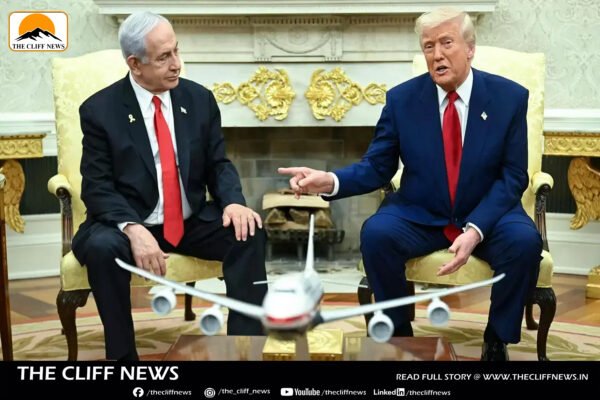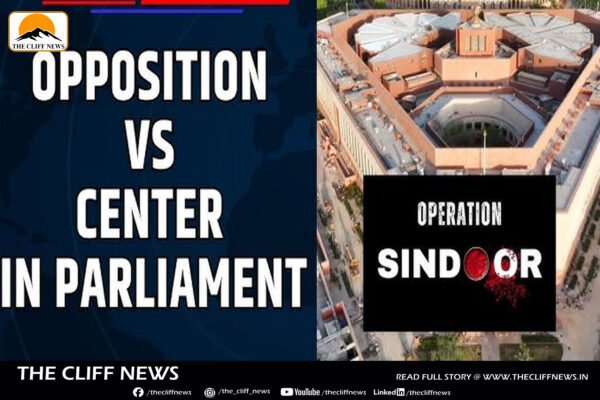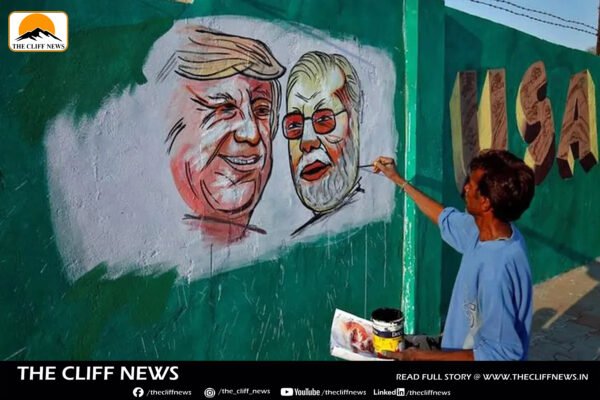Trump “Caught Off Guard” by Israeli Strikes on Gaza Church and Damascus, Calls Netanyahu to “Rectify”
President Donald Trump was surprised by two recent Israeli airstrikes—one that hit the only Catholic church in Gaza and another in Damascus, Syria—and immediately phoned Prime Minister Benjamin Netanyahu to demand corrective action, the White House confirmed. According to Press Secretary Karoline Leavitt, Trump “enjoys a good working relationship” with Netanyahu but was displeased by both incidents. After the church strike last Thursday, Trump insisted that Netanyahu publicly label the attack a mistake. He followed up again when Israeli jets struck targets in Syria’s capital, a move that clashed with U.S. efforts to stabilize the war-torn country. Despite their close alliance, Trump and Netanyahu have often disagreed behind the scenes. Leavitt noted that while they coordinated this summer’s joint air campaign against Iranian interests, personal distrust has periodically strained their partnership. Nevertheless, Trump wasted no time in making clear his objections to the latest bombings. Leavitt also highlighted ongoing U.S. diplomatic initiatives in Syria under Secretary of State Marco Rubio—efforts to ease tensions by lifting certain sanctions and supporting the new Syrian president, Ahmed al-Sharaa. These measures aim to prevent further escalations even as Israel pursues security objectives in the region. Meanwhile, Trump had pinned hopes on Netanyahu’s recent Washington visit to advance a Gaza ceasefire, secure hostage releases from Hamas, and expand humanitarian corridors. Despite Trump’s optimism, no breakthrough was announced. Talks continue, with both the White House and Hamas awaiting a response to the latest truce proposals. Leavitt emphasized the president’s urgent concern over civilian suffering, noting that more than 1,000 people have died seeking aid in Gaza since late May, and praised Trump’s push to deliver humanitarian assistance “in a peaceful manner where more lives are not being lost.”










